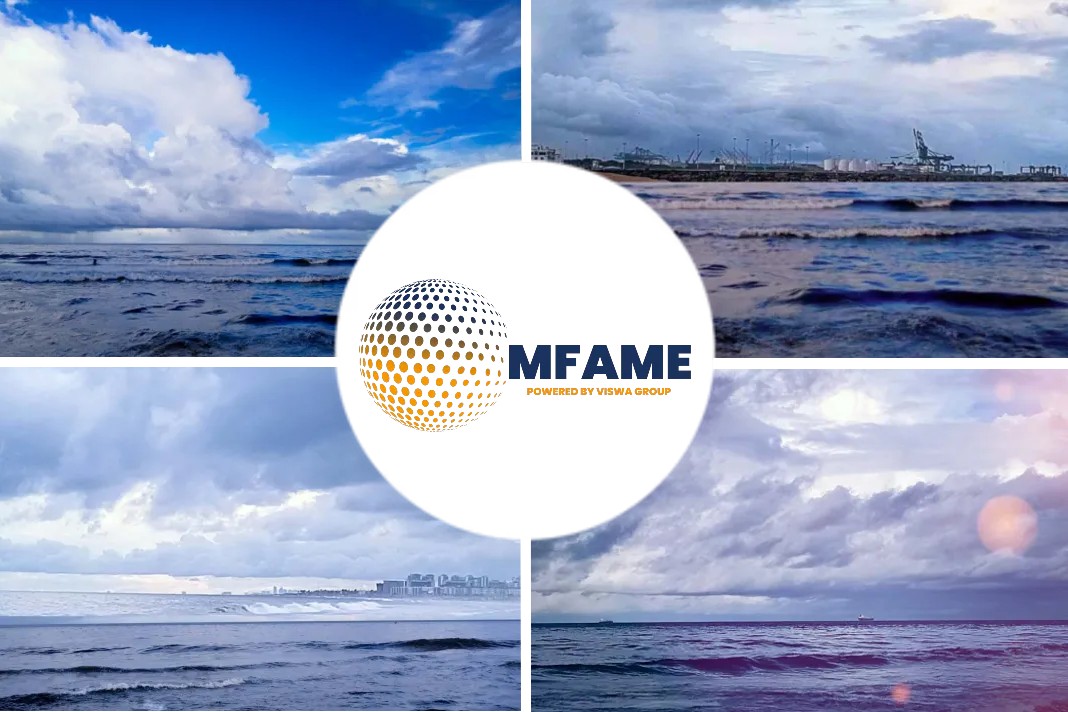- The European Commission on August 29 published an updated text of clarifications on the application of sanctions for fertilizers produced or exported from Russia.
- Earlier this year, on April 8, the EU imposed sectoral sanctions on fertilizers of Russian origin.
- Initially, the bans did not apply to the transit of Russian fertilizers to third countries.
The European Commission has revised its stance on fertilizer sanctions on Russia in lieu of the Ukraine- Russia tussle. Brussels’ new position now makes it impossible to supply Russian fertilizers to third countries, including Africa, that use European operators and infrastructure.
Slew of Contradictions
This decision clearly contradicts the bloc’s own earlier statements regarding the trade of agricultural products and fertilizers between Russia and third countries, particularly in cases where it puts people in developing countries on the brink of starvation. The earlier sanctions banned the purchase, import or transfer of fertilizers to the EU regardless of whether they were in excess of the quotas or not. It did not cover the third world though.
On August 10, however, Brussels further tightened the sanctions by extending the ban to include European operators’ activities related to the transit of Russian fertilizers that were destined for third countries. Moreover, under the new sanctions regime, the supply of fertilizers to third countries, even without the use of the EU’s territory and infrastructure, will be considered a violation of the sanctions.
Reasons Cited
The Commission says the purpose of the increasing amount of sanctions is to significantly weaken Russia’s economic base by depriving it of its most important markets for its products and greatly limiting its ability to wage war. When the sanctions were first imposed in the spring of 2022 after Russia’s invasion of Ukraine, the European Union said it would target the Russian government, companies producing military products or services etc. but not the general population of Russia.
Despite these statements, the subsequent decisions by the European institutions have made ordinary Russian citizens hostage to the sanctions. Countries in the EU have significantly restricted or frozen the issuance of visas to Russians, which has essentially cut off all tourists from the Russian Federation from entering Europe.
A Double Whammy
Europe has not foolproof itself from the impact emanating from the sanctions. The sanctions have hit Europeans in the form of higher energy, food prices, and unprecedented inflation. Social tension is also growing as protest sentiments in many European cities are gathering residents for increasingly volatile rallies. The prohibition on Russian fertilizer transit operations to third countries has had devastating consequences on billions of people in Asia, Africa, and Latin America in the form of severe fertilizer shortages, declining agriculture, and the spread of hunger. Eu has contradicted its own dictum which proclaims that food and energy security worldwide is the EU’s priority. In practice, Brussels’ sectoral sanctions on fertilizers have only cemented the impossibility of supplying such products to third countries by involving European economic operators.
Meanwhile, Russia is ready to donate to African countries hundreds of thousands of tons of fertilizers that are stuck in European ports. The Initiative on the Safe Transportation of Grain and Foodstuffs from Ukrainian Ports, which was signed on July 22 between the UN, Russia and Turkey, is not being implemented. The document guarantees the safe export of Ukrainian agricultural products from Ukraine’s Black Sea ports that are still under Kyiv’s control, with the logistics for the operations under the jurisdiction of the UN. But out of 2 million tons of grain that have been exported, only 3% was sent to the poorest countries. Care should be taken that the game of sanctions and regulations does not turn into a global humanitarian catastrophe.
Did you subscribe to our daily Newsletter?
It’s Free! Click here to Subscribe
Source : NewEurope






















